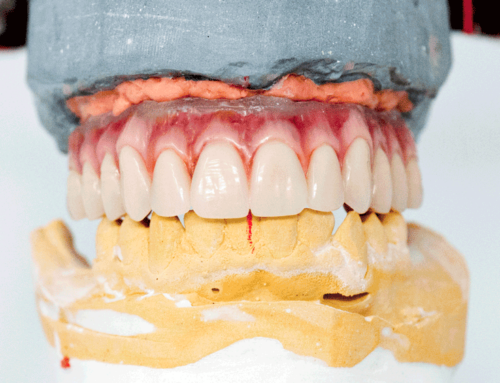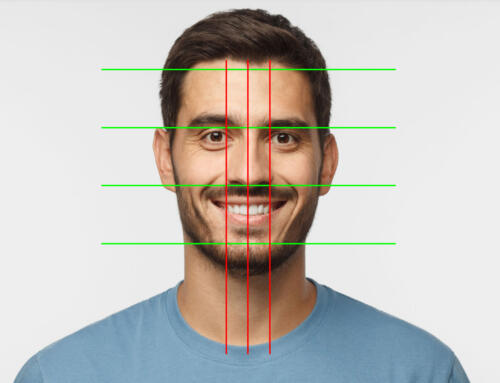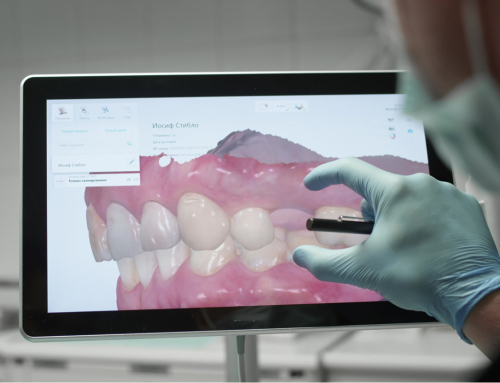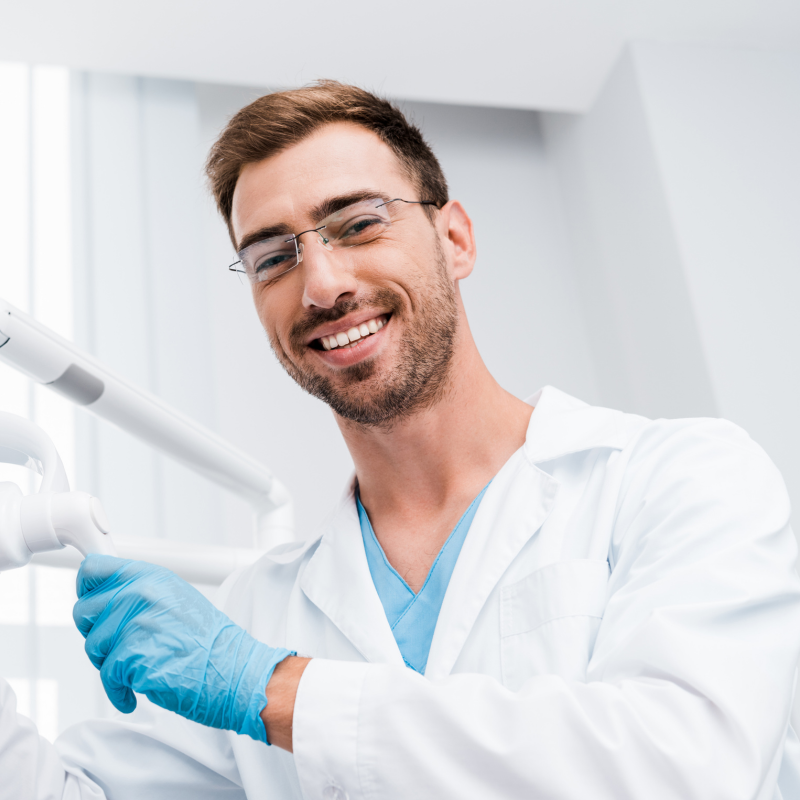Our industry is obsessed with revolutions. There has been, quite literally, some sort of “revolution” every year that I have been in this business for everything from ceramics to guided surgery to digital dentures.
Honestly, all these revolutions are exhausting.
I propose that we need to accept a core concept, and do away with revolutions. The core concept is this: Everything changes. We are not at the end of anything, we are in the midst of constant change. We are evolving, sometimes at a painfully slow pace, towards something great.
I’ll share what I think that something is at another time.
The evolution that we’ve been on is so large in scope that it’s sometimes hard to keep a firm grasp on that bigger picture. It could be argued that there have been some revolutions along the way; dental implants, FDA clearance of all-ceramic materials, intra-oral scanners – but these are not a final outcome in and of themselves, but stepping stones towards the eventual digitalization of our industry.
The big question that you have to ask is not “Has the revolution arrived?” but rather “Am I seeing any benefit from what has transpired thus far?”
When was the last time that you sat down, independent of any 3rd party sales representative, and evaluated where you are against where you want to be? When was the last time that you did a review of your workflows, most common procedures, and patients who need more advanced restorations?
If you’re like most of us, the answer is either “A long, long time ago…” or “Never.”
RDL has been lucky enough to be involved in some pretty great evolutions of our own. We have been able to integrate modern full arch and single unit implant restorations in to our day-to-day work with relatively few hiccups. We’ve been able to be on the outer-edge of some pretty amazing technical innovations such as NobelClinician, Straumann gonyx Guided surgery, and now the 3shape system. We’ve even made long-distance relationships work like they were next door neighbors.
Realistically, though, these innovations don’t matter unless the people involved – you as the clinician and us as the laboratory – have the ability to use them to achieve better, more consistent outcomes.
What we want is to thrive through whatever revolution they throw at us next. We want you to benefit from it. Help us help you help us help you.







